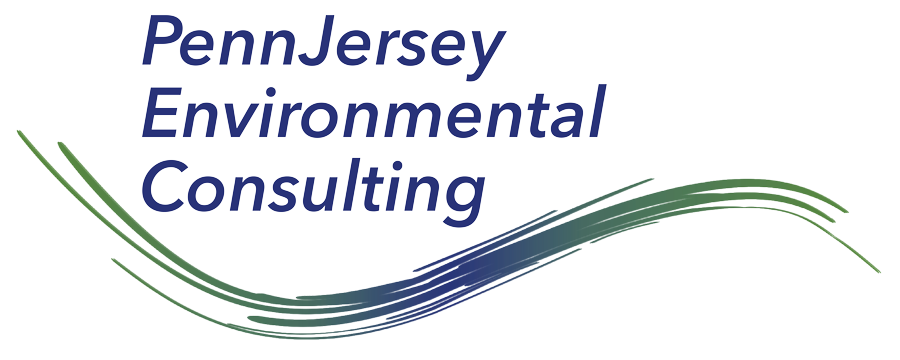by Rodger A. Ferguson, Jr., LSRP in Dimensions (View full newsletter here)
LSRPs and environmental lawyers often debate whether Licensed Site Remediation Professionals (LSRPs) are bound by their statutory code of conduct to report discharges of hazardous substances discovered during pre-acquisition environmental due diligence to the New Jersey Department of Environmental Protection (NJDEP) Spill Hotline. The passage of amendments in 2019 to the Site Remediation Reform Act (SRRA) has stoked this fire again.
There is a lot to wade through in this debate. The original statutory language in the SRRA was a compromise over who should report discharges of hazardous substances: the responsible parties or their environmental professionals who became LSRPs.
The LSRPs didn’t want the reporting obligations of their clients; nonetheless, the SRRA directed LSRPs to report discharges discovered on “sites for which they were responsible.” The best reading of the statutory language was, and remains, that LSRPs are obligated to report the discovery of a previously unreported discharge if they are retained as the LSRP of Record, meaning they were hired by the person responsible for conducting remediation to remediate a site and notified the NJDEP of the engagement. In comparison, the statute requires an LSRP to report an Immediate Environmental Concern, a potentially acute health concern, regardless of any “responsibility” for the site.
Following passage of SRRA, the NJDEP advocated a broad interpretation of LSRP reporting obligations and muddied the question by stating that LSRPs “cannot take off his or her hat,” meaning they should report what they see at all times. Transactional lawyers began excluding LSRPs from due diligence teams, ostensibly to avoid the possibility of a discharge report to NJDEP that could crater a transaction and leave the seller holding the bag.
Against this backdrop, it was almost surprising that in an administrative proceeding in 2011 the LSRP licensing board declared an LSRP is not obligated to report discharges identified during due diligence:
“The discovery of the discharge … did not occur on a contaminated site for which the LSRP was responsible. Specifically, at the time of the discovery, the LSRP had not been retained as the LSRP for the site. Rather [the LSRP] was hired … as part of the developer’s appropriate inquiry into the previous ownership and uses of the property.”
Stakeholder proceedings for SRRA 2.0, as the SRRA amendments from 2019 are known, engendered raucous debate over discharge reporting. The NJDEP argued that reporting obligations of all parties should be expanded, not just of LSRPs.
Proposals were made that “any person” who became aware of a discharge should report it and that real estate contracts that limited disclosure of discharges should be outlawed. The Licensed Site Remediation Professionals Association advocated to clarify the SRRA language that LSRPs do not have a reporting obligation. This would ensure the “best and brightest” (i.e., LSRPs), would be available to assist in transactional due diligence. None of these proposals were included in any bill introduced in the legislature.
Now, a polite discussion has begun about whether other SRRA 2.0 amendments clarified the discharge reporting obligation during due diligence. Center stage is an amended definition of “remediation” and the idea that a prospective purchaser is a “person responsible for conducting remediation.” But that argument is flawed.
In a nutshell, remediation and pre-acquisition due diligence are different. A prospective purchaser conducts “all appropriate inquiry,” as defined in the Spill Act, to establish its knowledge about a property and support the innocent purchaser defense.
A prospective purchaser is not a “person responsible for conducting remediation,” as defined in the Brownfields and Contaminated Site Remediation Act, who investigates and then remediates known or suspected discharges. The definition of “remediation” still does not reference due diligence. The Brownfields Act still exempts prospective purchasers from the obligation to hire an LSRP.
The legislators certainly heard people advocate for expanded or clarified reporting obligations and chose not to include these proposals in the SRRA 2.0 legislation. The legislation also did not change the licensing board’s unambiguous determination in 2011 that LSRPs are not obligated to report discharges discovered during due diligence. Beyond that SRRA 2.0 did little to clear muddied water.
To end this debate, the LSRP licensing board, charged to interpret the LSRPs’ code of conduct, should adopt rules to clarify, again, that LSRPs do not have a discharge reporting obligation during due diligence.
About the Author: Rodger Ferguson, a member of the New Jersey Builders Association, is President of Pennjersey Environmental Consulting. He thanks Steve Senior, a Partner with Riker Danzig, and William Hose, Assistant Executive Director of the Licensed Site Remediation Professionals Association, for their assistance with this article.
